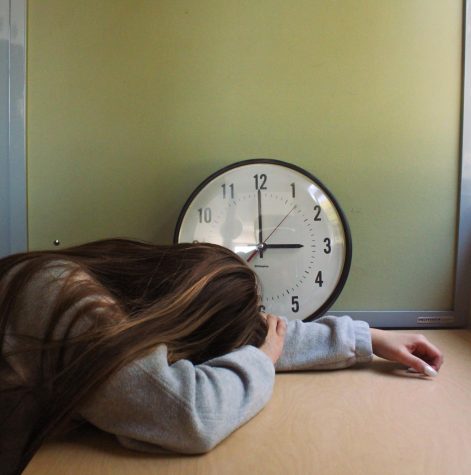Menstrual products need to be more accessible
Between racing to class and finishing their homework, the last thing students need to worry about is finding menstrual products on campus. California Assembly Bill 367 was designed to address just that need, requiring middle and high schools to “stock school’s restrooms with an adequate supply of free menstrual products…available and accessible, free of cost.” Yet in most of the bathrooms at Lowell, the menstrual product dispensers aren’t stocked with pads and tampons, but display a little yellow label reading “EMPTY.”
Coming off this new legislation, which requires California to reimburse local agencies and school districts for resulting costs, Lowell no longer has an excuse to not supply readily available menstrual products in restrooms for students that need them. Period poverty, or the lack of access to menstrual products because of the absence of products provided in school, can cause emotional distress and educational inequity that should be prevented.
Menstrual products are essential hygiene products that should be readily available in all restrooms for the privacy and comfort of students. The Menstrual Equity For All Act requires menstrual products to be stocked in all women’s restrooms and all-gender restrooms, and in at least one men’s restroom. Having products in all restrooms would give individuals, including non-female-identifying menstruating students, more privacy compared to going to the supply of menstrual products provided by the Wellness Center outside their office in the hallways. If students were ever unprepared for their menstrual cycle and had easy access to products, they wouldn’t have to ask friends for products or go to the Wellness Center, an experience that students can find daunting and embarrassing, as well as disruptive when missing class time.
Free and available menstrual products in all restrooms will allow for more educational equity. A study by Harries Insights & Analytics, funded by Thinx and PERIOD, a company and a nonprofit involved in advancing menstruation equity in the U.S., found that more than four in five menstruating teenage students in the U.S. report they have “either missed class time or know someone who missed class time because they did not have access to period products.” Walking to and from the Wellness Center consumes a significant amount of class time. Not only does the lack of easy access to menstrual products cause students to miss more classes, it impedes students’ ability to concentrate in class, and reduces classroom engagement and participation. Providing readily available menstrual products in all restrooms will allow students to easily access products and prevent students from missing class.
The Wellness Center also provides a supply of pads and tampons in the hallways outside of their office, but the small supply is far from enough for students who menstruate. Having a single source of menstrual products isn’t enough for all individuals who menstruate and experience inequalities resulting from a lack of access to menstrual products. The stock of menstrual products outside of the Wellness Center can also sometimes be found empty, leaving students frantic.
Lowell needs to provide adequate free menstrual products in restrooms where students can easily and conveniently access menstrual products. Menstrual cycles should not impact a student’s performance or well-being at school. Period poverty should not be a worry for students. Properly provided menstrual products in the restrooms would prevent students from anxiously having to ask friends or staff for a hygiene product and missing out on their education.








